
Turbocharging your diesel engine might sound like a powerful upgrade, boosting performance and efficiency. But before you make this decision, it’s essential to understand both the benefits and drawbacks involved. Turbochargers use forced air to increase engine power, which can transform your driving experience.
However, turbocharging isn’t without its challenges. Increased stress on engine parts and potential maintenance issues could impact the longevity of your vehicle. Learning about these considerations will help you decide if this enhancement aligns with your driving style and needs.
Ultimately, knowing the ins and outs of turbocharging will guide you to make the best choice for your vehicle’s performance. Making informed choices ensures that your car operates at its best while meeting your expectations and requirements.
Turbocharging is a process that enhances the performance of diesel engines by using a turbocharger. So, what’s a turbocharger? It’s a device that increases the engine’s power output by forcing extra air into the combustion chamber. The more air you can get into the engine, the more fuel it can burn and, as a result, the more power it can produce.
The turbocharger captures energy from the exhaust gases that would otherwise go to waste. It uses this energy to spin a turbine connected to a compressor. This compressor draws in more air from the outside, compresses it, and forces it into the engine’s cylinders.
Besides boosting power, turbocharging helps engines run more efficiently. The extra air leads to better combustion, which means the engine uses fuel more effectively. This process reduces the amount of fuel wasted and improves overall engine efficiency. Furthermore, because turbochargers help achieve better air-fuel mixing, they can aid in reducing emissions by allowing for cleaner burns.
While the mechanics of turbocharging might sound complex, its ability to recycle energy from exhaust gases and optimize engine power makes it a popular choice for diesel engines. Learning about this process provides insight into why turbocharging is favored across various vehicle models, enhancing both performance and efficiency.
Turbocharging a diesel engine comes with a host of advantages, making it a favorite for many looking to boost vehicle performance. One of the main benefits is the substantial increase in engine power. Turbochargers help inject additional air to burn more fuel, translating into higher horsepower and torque. This means your car can accelerate more quickly and handle tougher driving conditions with ease.
Fuel efficiency is another major advantage. Despite increasing power, turbocharging can improve fuel economy by optimizing how fuel is burned in the engine. The efficient combustion process means you get more miles from every gallon of fuel compared to a naturally aspirated engine.
Here are some key benefits of turbocharging diesel engines:
Turbocharging also allows for smaller engines to produce the same power as larger ones, which saves weight and improves handling. This means you can enjoy the best of both worlds: more power without the need for a bigger, heavier engine. Balancing power and efficiency makes turbocharging an appealing option for those looking to get more from their diesel engines without sacrificing economy.
While turbocharging offers many benefits, it’s important to be aware of the potential drawbacks. One of the main concerns with turbocharging is the increased wear and tear on engine components. Turbochargers push the engine to operate at higher stress levels, which can lead to faster degradation of engine parts. Pistons, cylinders, and gaskets can experience added strain, potentially shortening their lifespan and increasing maintenance costs over time.
Turbo lag is another issue that can affect your driving experience. This lag occurs because the turbocharger takes a moment to build up pressure before delivering increased power, which can lead to a noticeable delay between stepping on the gas and feeling the engine’s response. This can be frustrating for some drivers, especially in situations requiring quick acceleration, like merging onto a highway.
Here’s a list of common drawbacks to keep in mind:
Understanding these drawbacks is essential in deciding whether turbocharging is the right upgrade for your vehicle. Balancing the benefits against potential downsides will help you make a smart choice.
Deciding whether to turbocharge your diesel engine isn’t just about understanding the mechanics; it’s about considering if it fits your lifestyle and budget. You’ll need to reflect on your driving habits. If you frequently tow heavy loads or enjoy off-roading adventures, turbocharging could offer the performance boost you need. However, if your driving is mostly light commuting, the extra power might be unnecessary.
Budget is another major factor. The initial cost of a turbocharger, plus potential maintenance and repairs, should be weighed against the benefits. If you’re planning to keep your diesel vehicle for a long time, the improved power and efficiency could justify the expense.
To figure out if turbocharging is right for you, consider:
By evaluating these factors, you can balance the pros and cons and decide if turbocharging aligns with your needs and expectations. Ensuring that your decision complements your lifestyle will lead to the best outcomes.
Turbocharging your diesel engine brings a mix of exciting benefits and important considerations. While the promise of increased power and fuel efficiency is appealing, understanding the potential challenges, like added wear and maintenance costs, is crucial. This balance helps determine if turbocharging is a worthwhile upgrade for your vehicle.
Incorporating turbocharging can drastically improve your diesel engine’s performance, making long journeys smoother and more fun. But it requires careful thought about your driving style, budget, and vehicle use. By taking the time to weigh the positives against the negatives, you ensure that whichever choice you make will align with your needs and lifestyle.
If you’re ready to explore options for turbocharging or if you need quality parts for your engine upgrade, Airline Auto Parts is here to help. With a vast inventory and a commitment to customer satisfaction, we can support you in making the best decision for your diesel engines in Houston, TX. Contact us today to find the parts that will maximize your vehicle’s performance and efficiency.
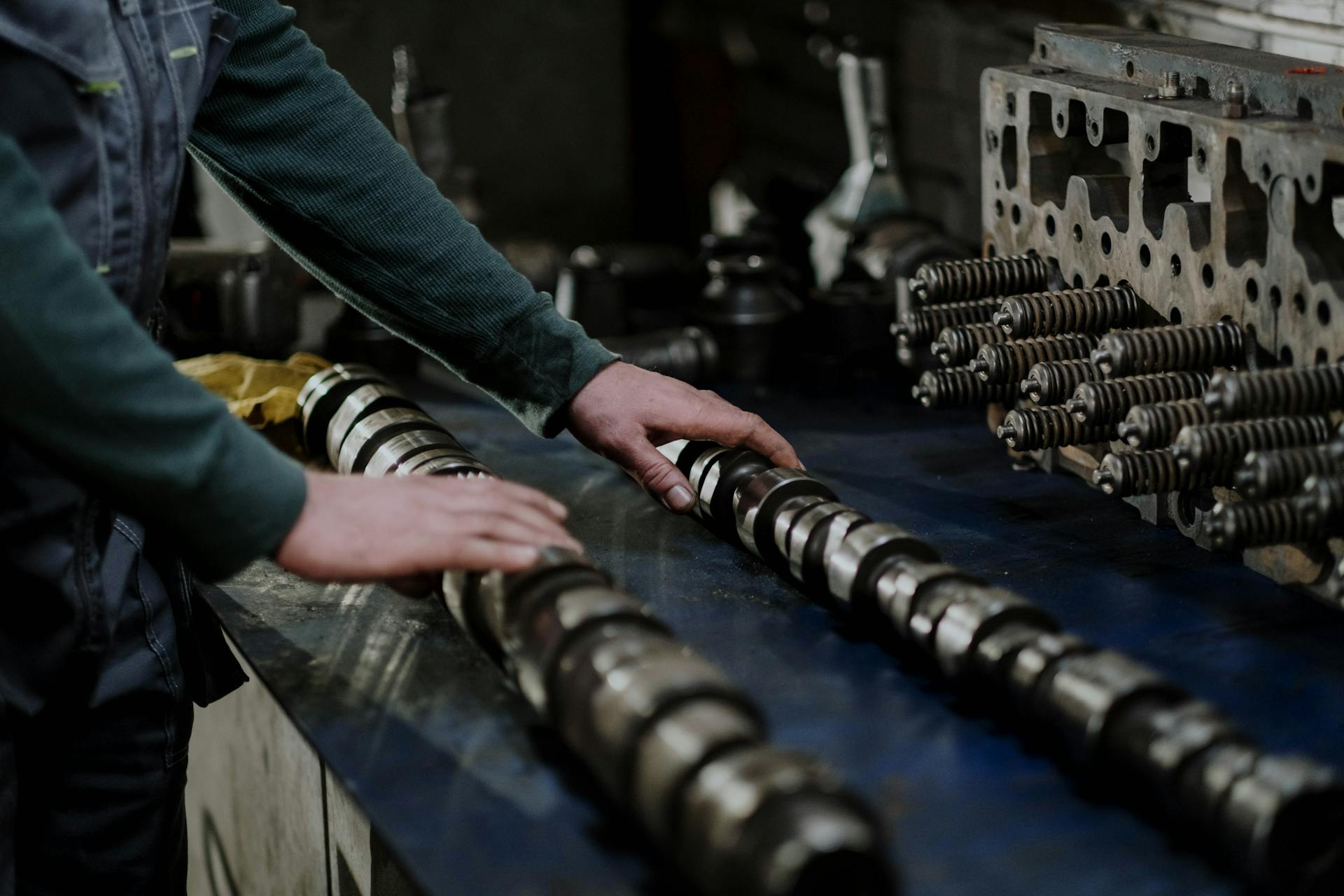
February 8, 2026 What To Ask Used Car Parts Dealers Befor...
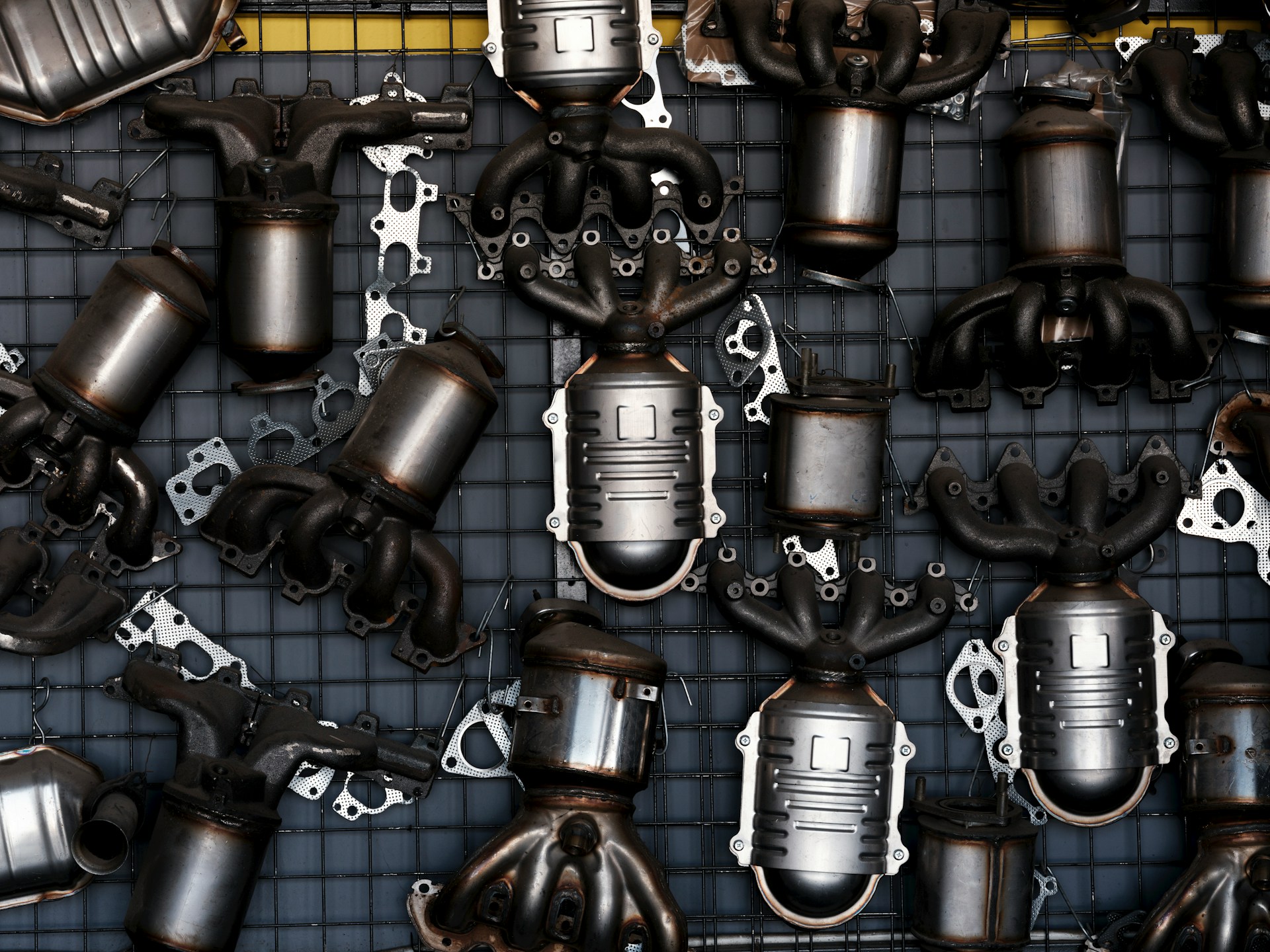
How Used Vehicle Spare Parts Help With C...
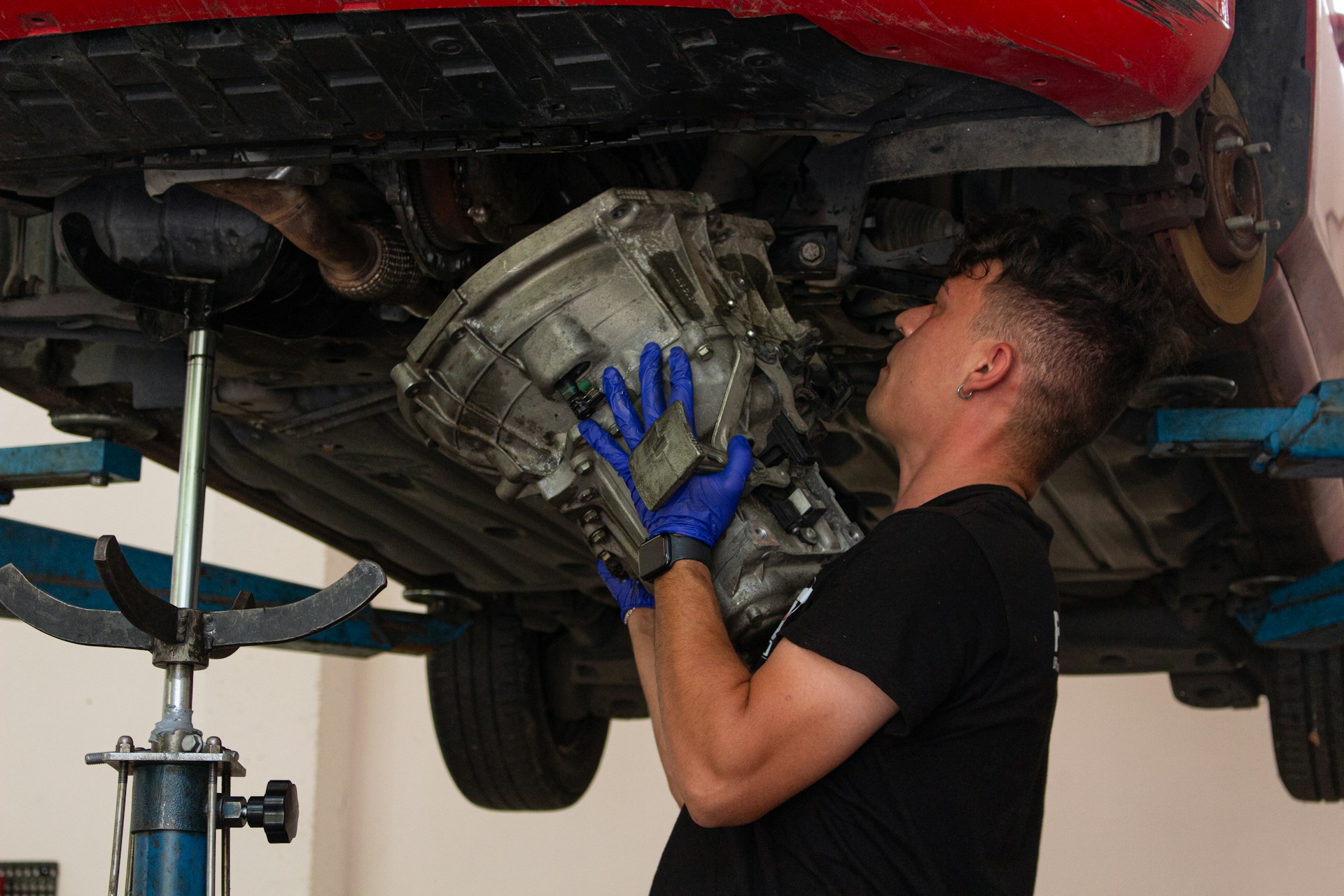
February 1, 2026 Where To Start With Used Parts In Housto...
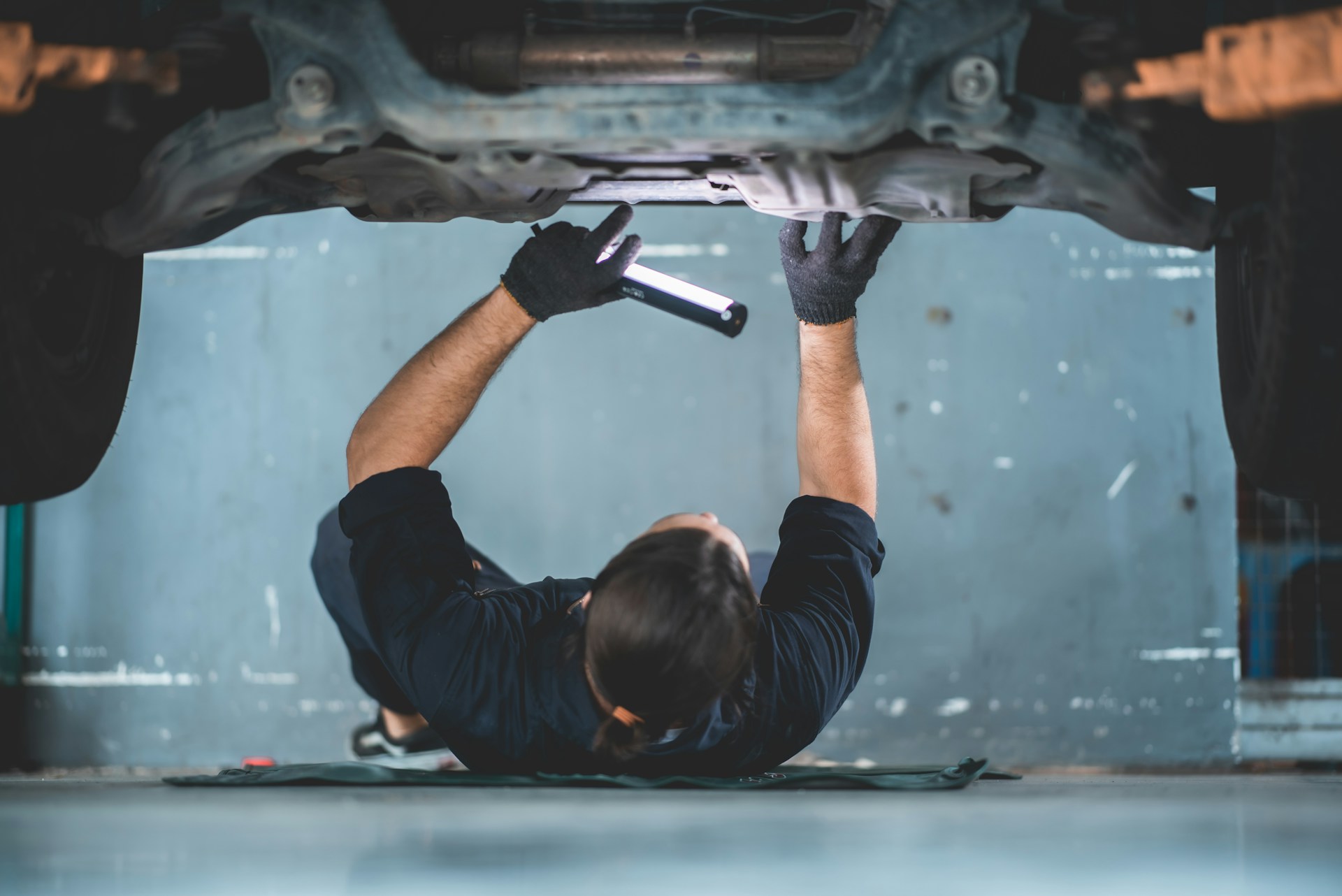
What To Expect From Car Parts In Houston...
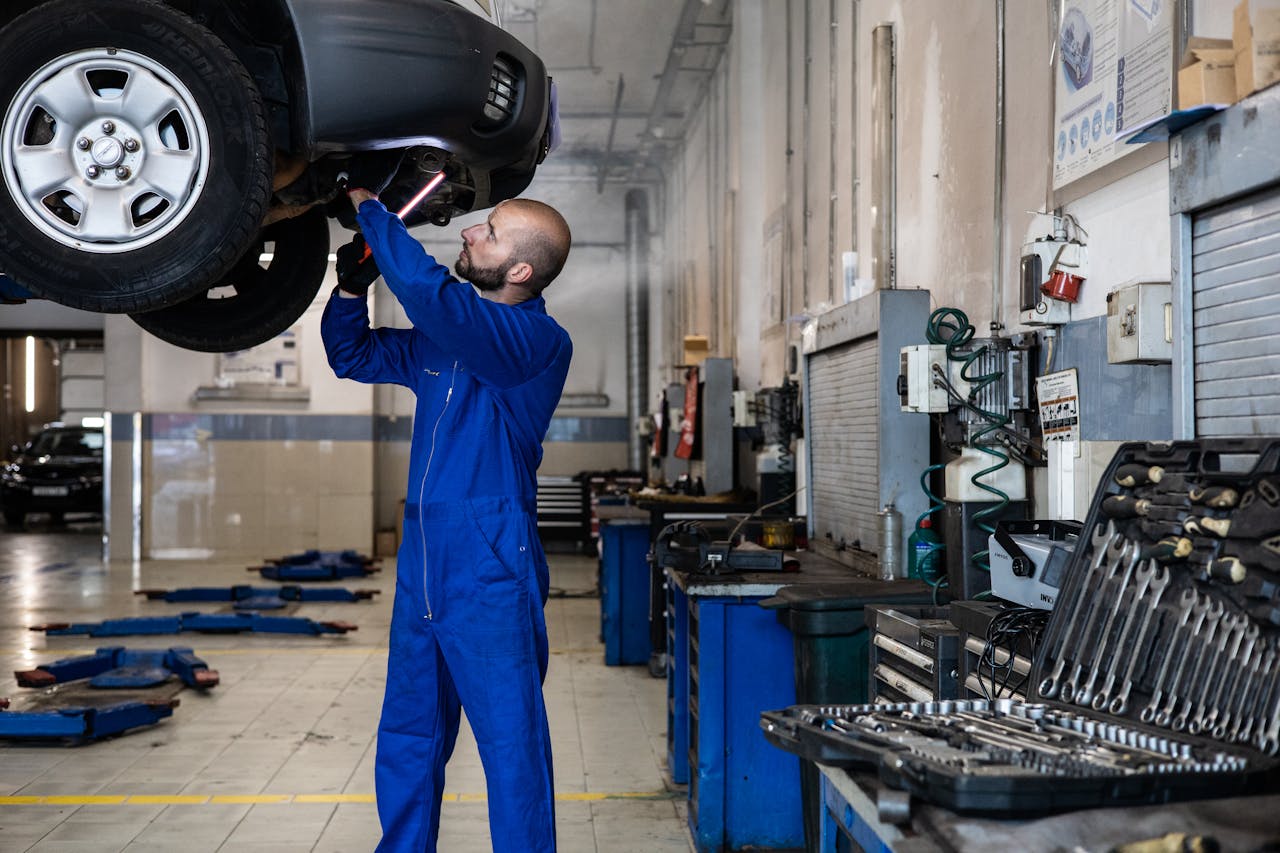
January 25, 2026 Why Used Auto Parts Matter More During W...

Hidden Risks Of Salvage Car Parts In Hou...

January 18, 2026 The Right Time To Buy Used Parts In Hous...

January 11, 2026 Everything To Know About Used Diesel Eng...

Common Warnings Before Buying Second Han...
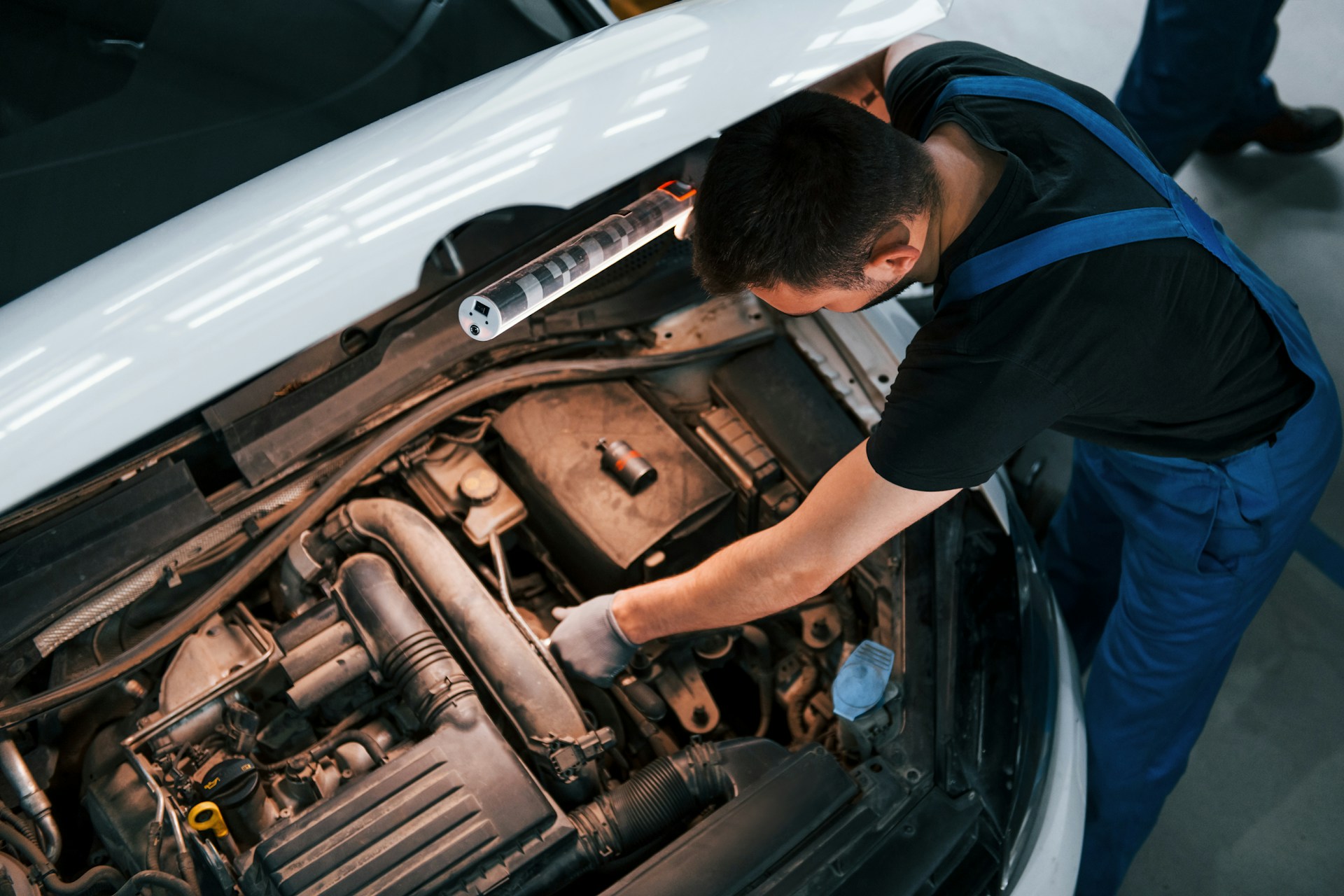
January 4, 2026 What Happens When A Used Automatic Trans...
Leave a Reply
You must be logged in to post a comment.